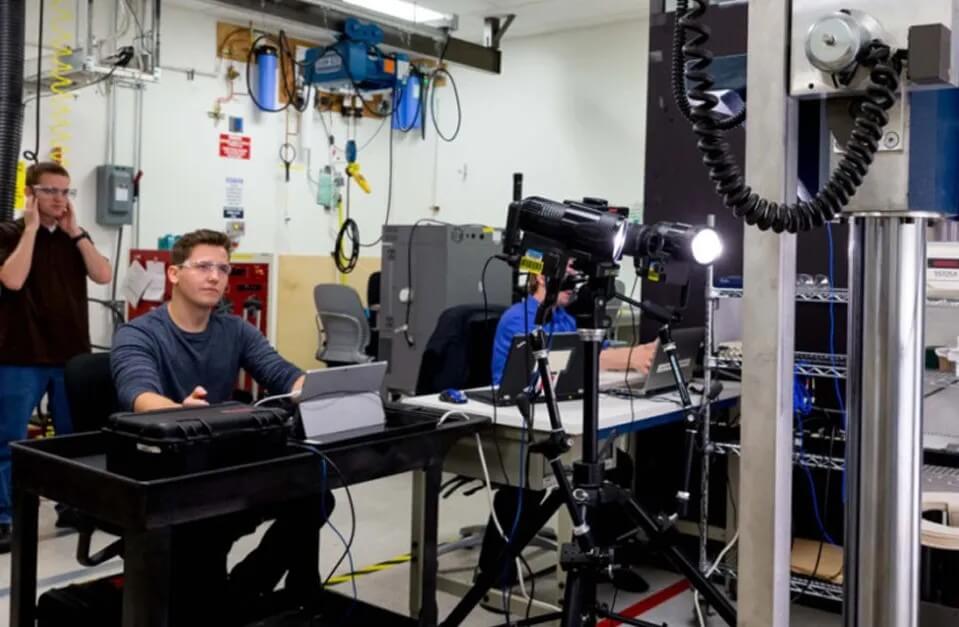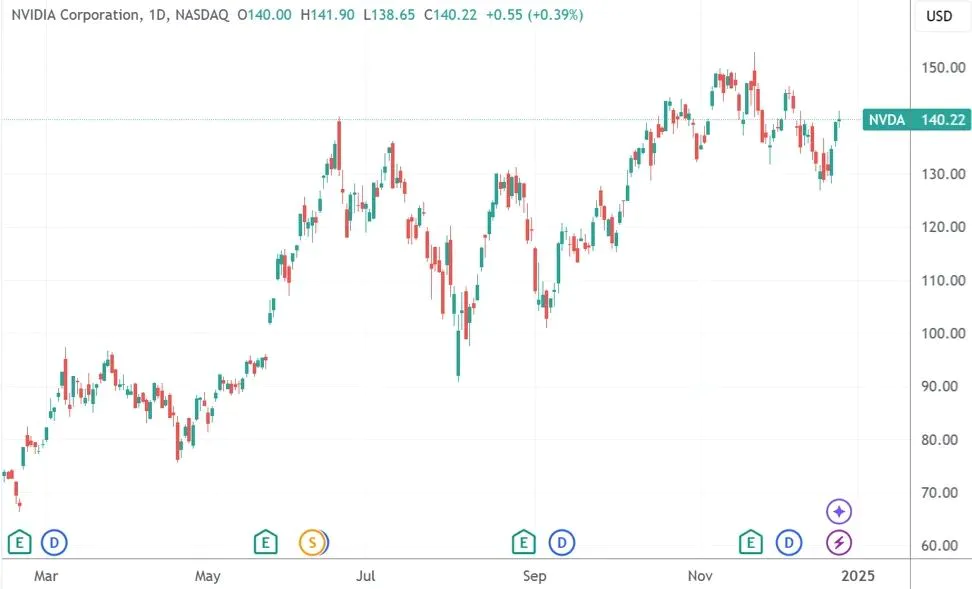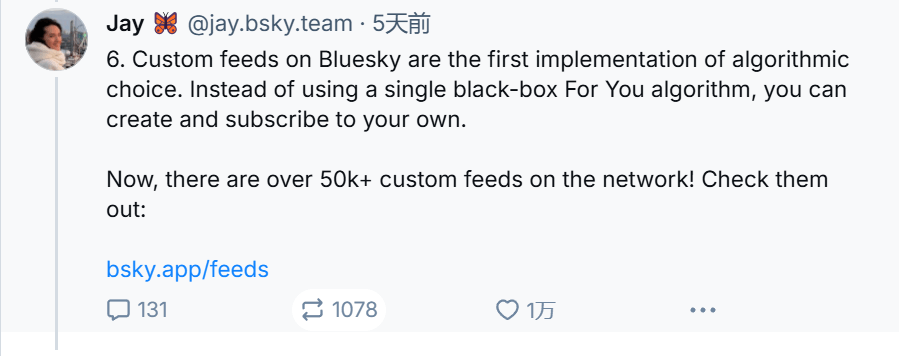Michelle Bowman, a Federal Reserve governor, acknowledged the risks posed by artificial intelligence (AI) but cautioned that regulators should avoid stifling the development of beneficial technologies.
In a recent speech, she stated, “We don’t need to rush into regulation. An overly cautious regulatory approach could drive activities outside the regulated banking system or completely hinder AI’s use, distorting the competitive landscape.”
Bowman highlighted that in the financial sector, AI can enhance operational efficiency, combat fraud, and expand credit access. She also emphasized that central bank officials could benefit from AI applications.
“Perhaps a broader use of AI could improve the reliability of data, especially economic data that is uncertain or frequently revised, enhancing the quality of the information on which monetary policy decisions are based,” she added.
On the flip side, Bowman noted that AI could influence monetary policy through its economic impacts.
“AI may also play an increasingly significant role in monetary policy discussions as the introduction of AI tools reshapes labor markets, affects productivity, and potentially alters the natural unemployment rate and the neutral interest rate,” she said.

AI's Role in Productivity Growth
Over the past eight quarters, U.S. labor productivity has grown at an annual rate of 2.3%, compared to the pre-pandemic decade average of 1.3%. Several Federal Reserve policymakers have recently suggested that AI may partially explain this growth, although its precise contribution remains uncertain.
Earlier this week, Federal Reserve Governor Lisa Cook also expressed optimism about AI's potential to sustain productivity growth. However, she acknowledged considerable uncertainty surrounding such predictions.
“Looking ahead, I expect productivity to accelerate due to significant advancements in AI, but this forecast comes with substantial uncertainty,” Cook said. She noted the difficulty of predicting how and when AI might manifest its impact on the economy.
Powell's Perspective and Broader U.S. Ambitions
Earlier this month, Federal Reserve Chair Jerome Powell remarked that regulated banks are taking a very cautious approach to generative AI. He suggested that the full effects of AI technologies might become evident only over a longer timeline.
Overall, the U.S. is paying significant attention to AI advancements and aspires to be a global leader in this field.
Last week, a U.S. congressional committee proposed a “Manhattan Project”-like initiative to fund the development of AI systems as intelligent as, or even smarter than, humans.
The U.S.-China Economic and Security Review Commission (USCC) recommended that Congress “establish and fund a project akin to the Manhattan Project to accelerate the achievement of artificial general intelligence (AGI) capabilities.” The Manhattan Project was a large-scale collaboration between the U.S. government and the private sector during World War II, which led to the development of the first atomic bomb.






